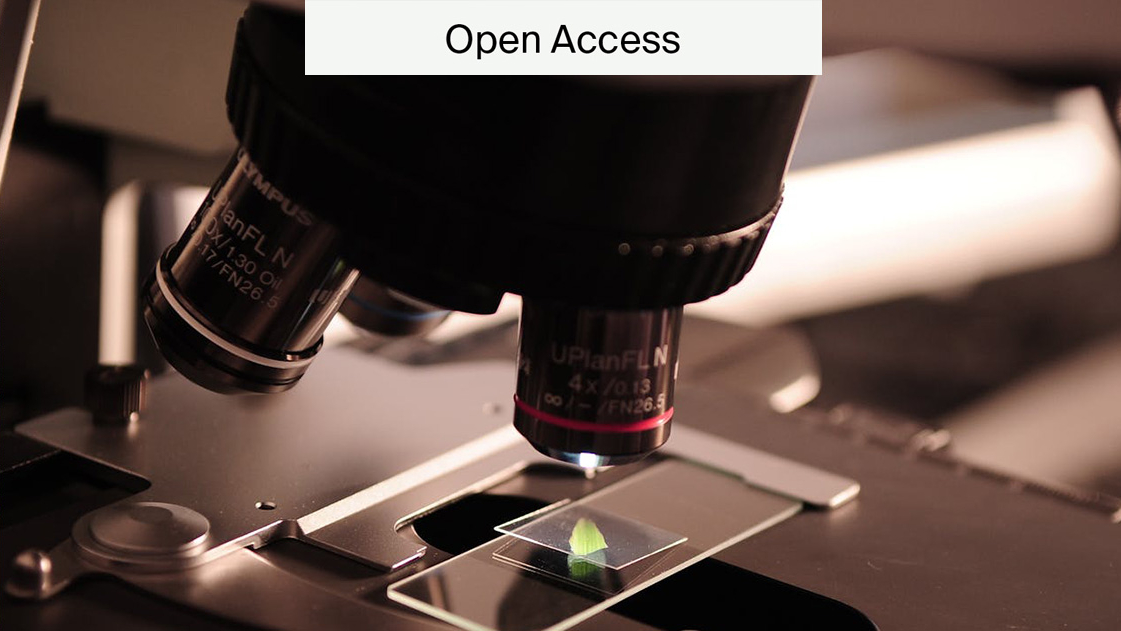
Mindfulness
Starting a discussion about mindfulness means clarifying what it is. And also what mindfulness isn’t.
As it is a topic of broad interest in many different circles, the meaning of the term can change. Sometimes what “mindfulness” means can be radically different depending on who you ask. On the one hand, some might define mindfulness as a series of exercises. Other people may define it as a state of being. For some, it is meditation with a foundation in religion. For others, there are valid scientific questions that should be asked about its effectiveness.
What is mindfulness?
Generally, the dictionary defines mindfulness as,
“[T]he quality or state of being conscious or aware of something.”
This definition, however, can get more complicated.
Wikipedia starts by defining it as,
“Mindfulness is the cognitive skill of sustaining meta-awareness on the contents of one’s own mind (e.g., sensations, perceptions, emotions, thoughts, etc.) in the present-moment without conceptual reification.”
The differences between these two definitions are not extreme, but they are far enough apart that it can make general discussions challenging. So, importantly, we need to start with a foundation.
For these discussions, we’ll start with a simple definition:
Mindfulness is the skill or practice of grounding one’s self in the present. The goal of this tends to be with the aim to adjust or shift one’s perspective.
Where does the idea of mindfulness come from?
Concepts of mindfulness have been around for thousands of years. They have used different terms and methods, but all largely aim to achieve the same thing. Awareness of the present through various means.
As the concepts have been around for a long time, we’ve been able to refine the ideas over time.
Our own Suhaylah Ingar observes how the concept of mindfulness can work,
It works on breaking away from automatic by stopping negative thought cycles. This is done by encouraging one to step back and observe situations for what they are, then allowing one to feel the emotion and evaluate these thoughts and feelings without judgment. It is described as a decentring from the situation, allowing one to ‘stand back and witness life’ without judgment.
Does mindfulness help us?
In our day-to-day world, there are lots of different things that can stress us out.
Everything from work, to family, to friends, to standing in line waiting for the bus. We know that stress isn’t good for us, and there have been decades of research indicating this. But what do we do about it? One possible answer to this is mindfulness.
Mindfulness and the immune system
We have previously written about the immune system and the immune response. But we haven’t gone into the research on how things like meditation and mindfulness can impact the immune system.
Suhaylah notes that stress, specifically chronic stress, can have a negative impact on us.
“However, [it] (chronic stress) upsets this balance, meaning the body is constantly exerting itself, exhausting itself and weakening our defence system.”
In this way, working to eliminate chronic stress (or stress broadly speaking) where possible can have a positive impact on our health.
With less potential stress on the body, it might be able to save energy. This energy, instead of being used to try and defend the body, is no longer wasted. With less stress, biological responses are not induced for as long, and this results in less damaging impacts. Hence, being mindful may help to alleviate the impacts of chronic stress.
Research on mindfulness
From her article on the subject, Suhaylah writes,
“The authors [of a review] analysed results from 13 past studies which reported on levels of markers associated with the immune response for healthy patients and cancer patients. They found that the mindfulness interventions, carried out by participants with cancer, had a significant effect on the levels of important immune response markers, called cytokines. These markers are involved in the previously mentioned inflammatory response. They were able to conclude that mindfulness has at least some effect on our immune responses and that more research is needed to determine the mechanisms by which this occurs exactly.”
Lowering stress with mindful actions
As noted above, stress can have a major impact on the body. In an ideal world, we wouldn’t have to face stress—unfortunately, it’s part of our everyday lives.
Managing stress properly is our best bet.
Some examples of dealing with this stress come in very different forms.
Meditation practice comes in various forms with countless variations. For example,
- Being mindful of your breathing; closing your eyes and focusing on breathing.
- Physical activities such as yoga or stretching.
- Focusing your attention on various parts of your body and being aware of bodily sensations.
So, how can mindfulness help?
Jack McKenna has put together an interesting article on this topic.
Because research is ongoing and multidisciplinary, we have taken a look at different articles. From Religions to Healthcare, the topic is under investigation. In a paper in Religions, researchers found that
“[There were] “considerable differences” between the groups and concluded that the “meditators were, on average, less depressed and more resilient”. Moreover, the turnover rate for the meditators was nearly half that of the non-meditators.”
Another paper in Healthcare performed a qualitative study and interviewed students managing moderate to severe stress. In this work, interviews were conducted a few days after a retreat. There was also further follow up three months later.
Research continues on this fascinating topic.
Ongoing research
Because this is a topic of broad general interest, research continues. If you want to be a part of the body of research, there are many journals that you can submit your work to. With a growing body of knowledge, it’s clear that there is a place for mindfulness in improving people’s day to day lives.










